1. Understanding/Power
- Understands the political and economic structures of domination and oppression.
- Develops an understanding of social justice and respect for and support of diversity in education.
- Identifies the sources of power, recognizes ones’ own position in relation to power, and understand the political nature of what we teach and learn.
- Asks and answers important ideological questions regarding education for social justice. What is the purpose of schooling? What is the role of public education in a democratic society? What historically has been the role of schooling in maintaining or changing the economic and social structure of society?
- Appreciates the knowledge and life experiences that students bring into the classroom.
- Sees the significance of poverty as it relates to issues of power in and out of the classroom for both students and parents.
2. Advocacy
- Develops tools for change.
- Exposes the forces that prevent individuals and groups from making decisions.
- Analyzes competing power interests between groups and individuals within a society.
3. Social
- Pays explicit attention to social relations within the classroom.
- Ensures input from all stakeholders and generates opportunities for everyone to be co-owners.
- Teaches the social skills necessary to actively participate in an inclusive democratic community.
4. Instruction/Assessment
- Uses assessments fairly and appropriately in ways that allow diverse students to demonstrate what they know, value, and can achieve.
- Differentiates classroom management based on the needs of the students leading to successful classroom community membership.
- Addresses both the emotional and cognitive components of the learning process.
- Helps students identify who gains and who loses in specific situations.
- Helps students understand and analyze power relations.
- Provides students with equitable access to knowledge and an understanding of the realities of their lives.
- Acknowledges and supports the personal and individual dimensions of experiences, while making connections to and illuminating the systemic dimensions of social group interaction.
- Develops effective strategies for managing classroom situations of discrimination or cultural conflict.


